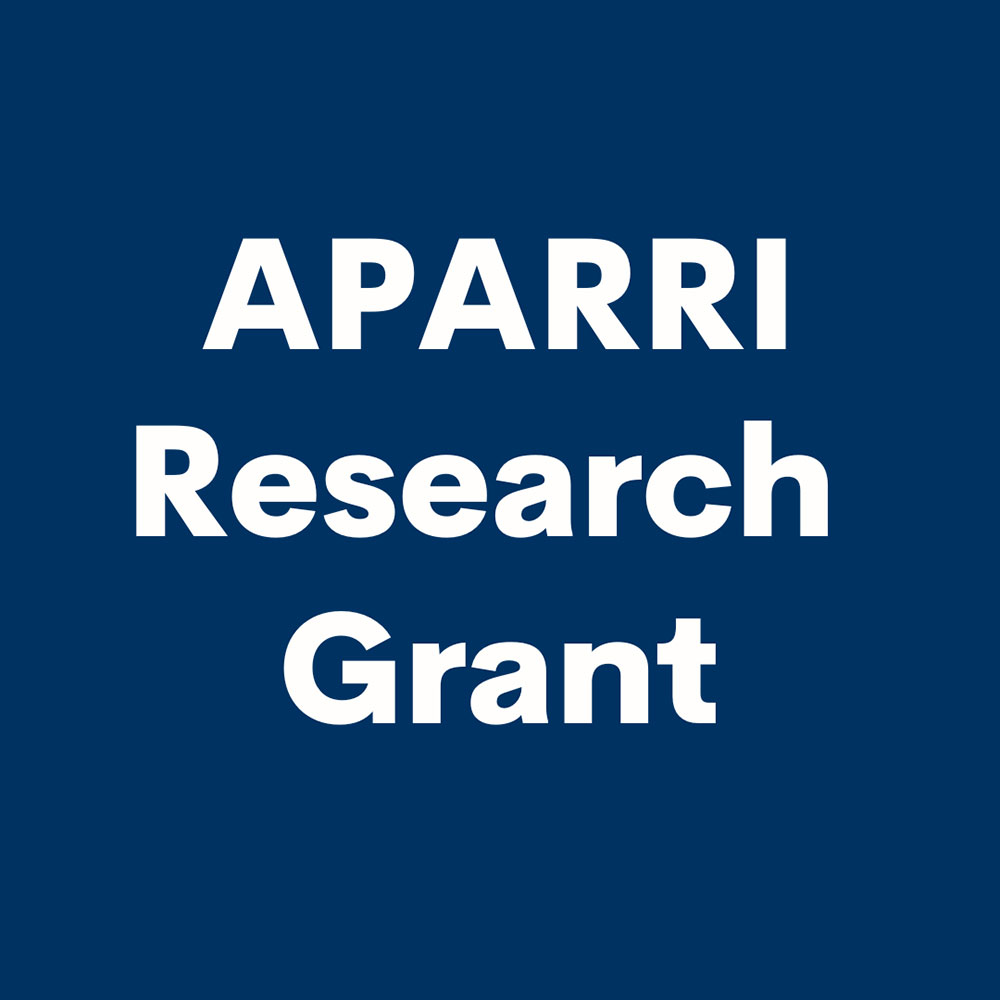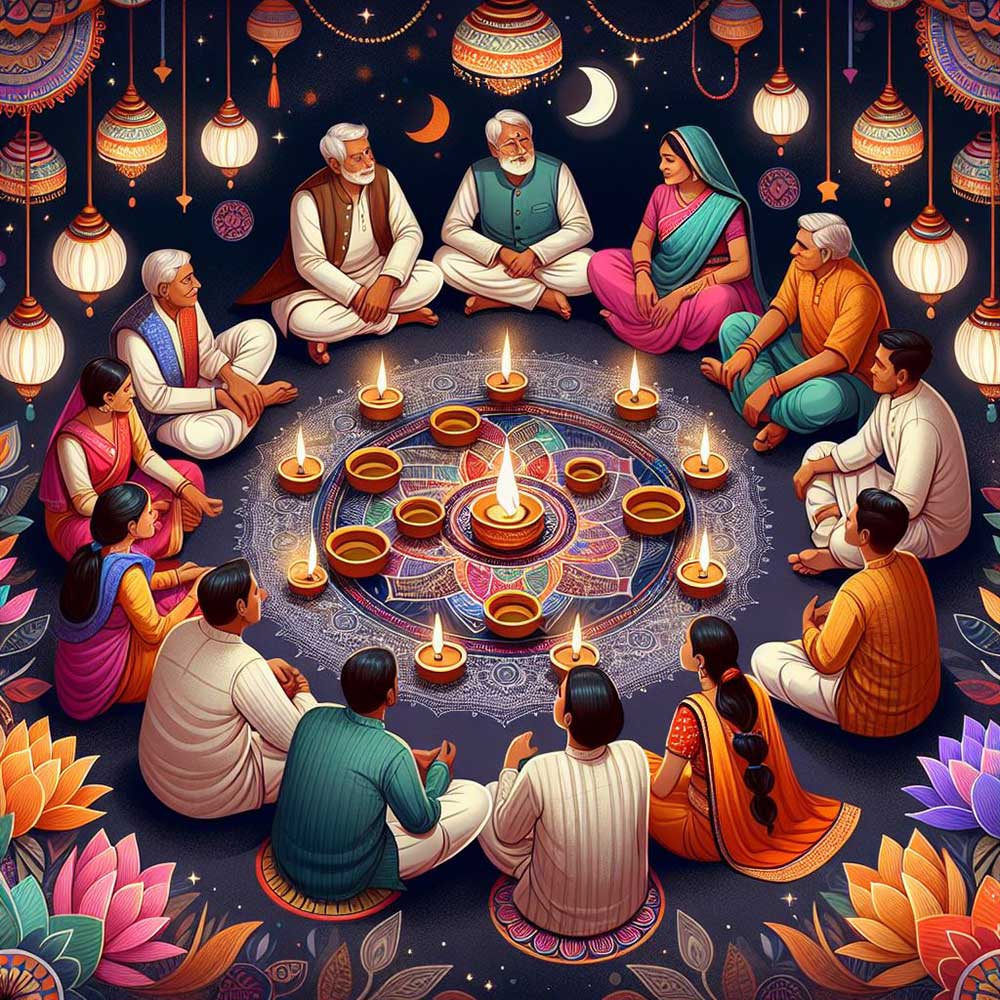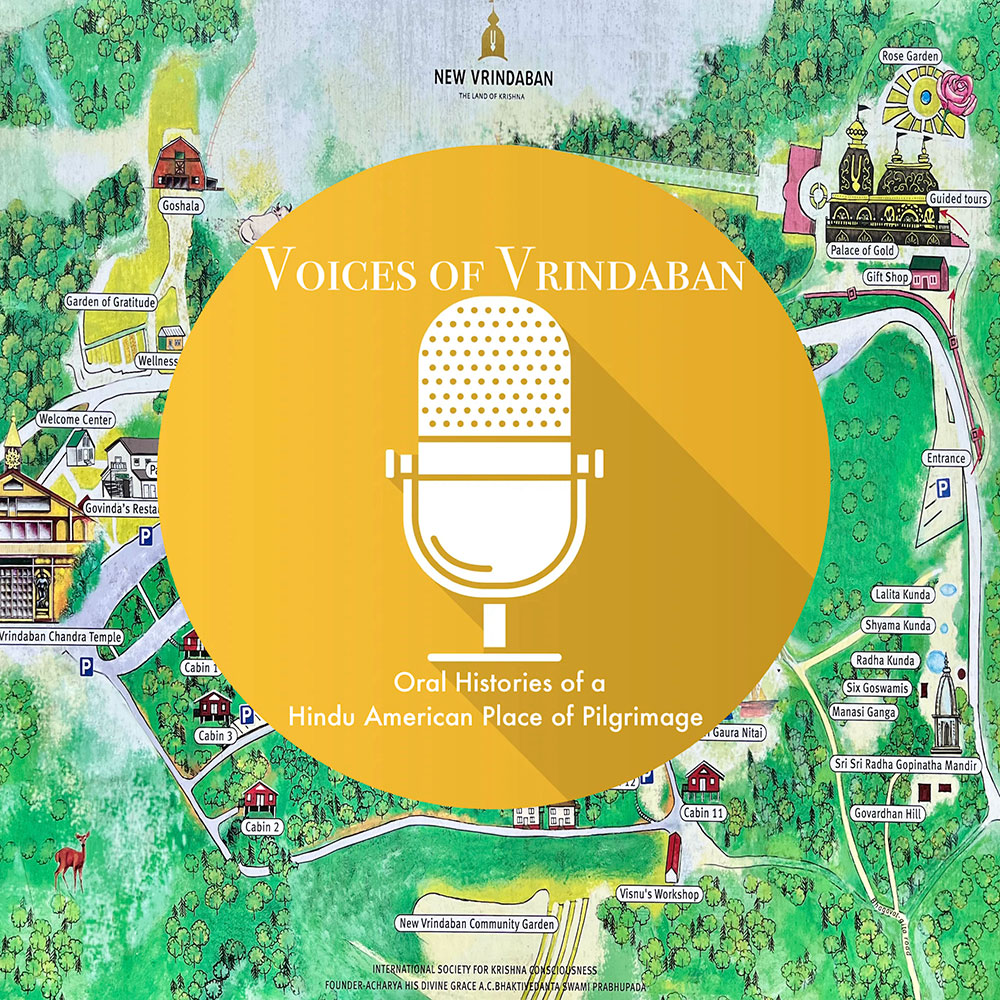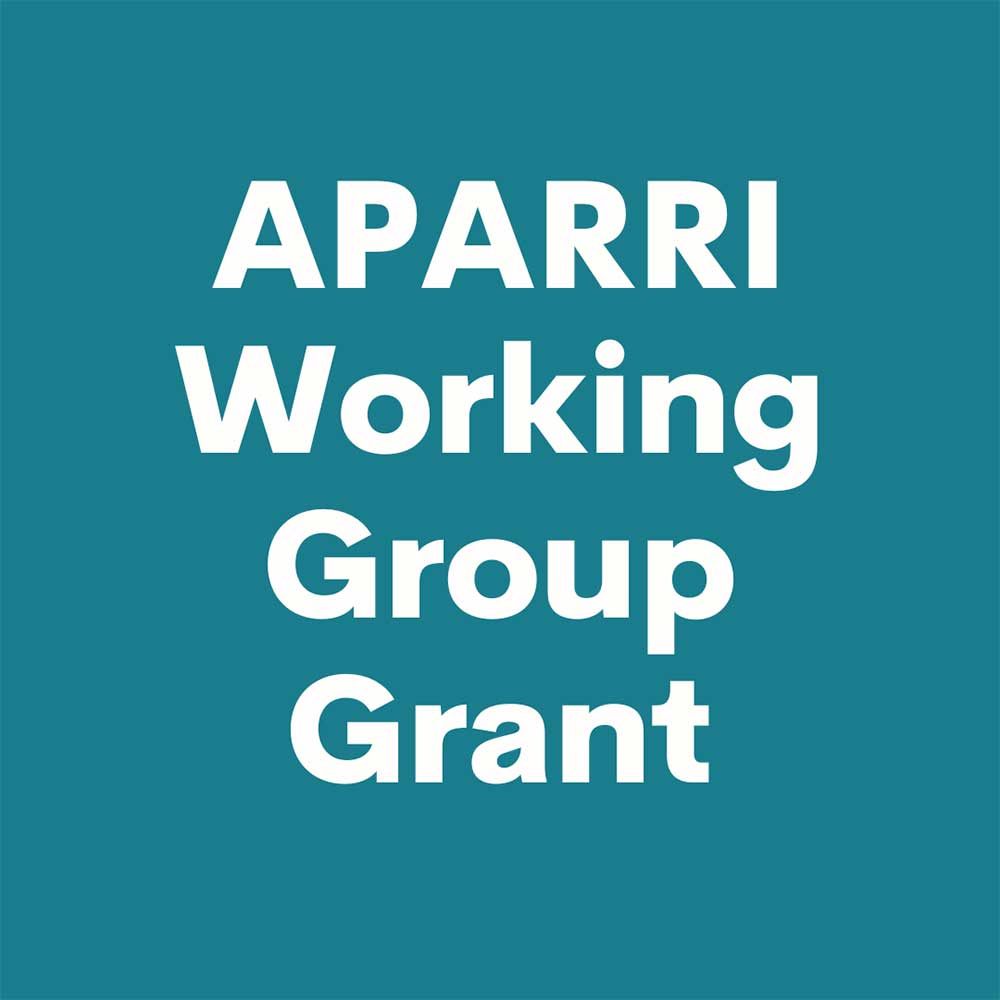
A History of the Swaminarayan Sampraday in North America
Bhakti Mamtora
Assistant Professor, Religious Studies, South Asian Studies
The College of Wooster
This project examines the history of the Swaminarayan Sampraday, a Hindu devotional tradition founded by Swaminarayan (1781-1830) at the beginning of the nineteenth century in the western region of India, now known as Gujarat, in North America during the last fifty years. This project expands research on place-making, civic engagement, and religious expansion through the use of ethnographic and archival research methods. By conducting individual and small group interviews and analyzing, newspaper articles, sectarian publications, and religious paraphernalia, this project aims to uncover how individual conceptions and experiences of gender, race, ethnicity, caste, and socioeconomic class inform identity and community formation in the diaspora.
Keywords: Civic engagement, Community formation, Diaspora, Hinduism

Exploring Restorative Justice as a Healing Process to Address Caste Discrimination Cases on US Campuses
Jeffery Long | Professor of Religion, Philosophy and Asian Studies | Elizabethtown College
Vrajvihari Sharan | Director for Hindu Life & Adjunct Professor | Georgetown University
Asha Shipman | Director of Hindu Life | Yale University
We propose forming a working group to explore the feasibility a restorative justice response on US campuses to address caste discrimination. US campuses have been considering or have added caste discrimination as part of their non-discrimination policies which move it into the domain of criminal justice and equate it to racial discrimination. In recent years campus administrators have begun employing restorative justice practices to address student misconduct and bias incidents in a way that aids in conflict resolution while also fostering healing, fairness, feelings of belonging, and closure. The topic of caste is very tender and sensitive within the US Hindu community, leading to deep anxiety about how to properly address it. Hindu chaplains are well equipped to create safe and equitable spaces similar to the restorative justice space. Analogous practices within dharmic traditions which mirror restorative justice practices suggest restorative practices would be well received by the Hindu community.
Keywords: Caste, Education, Hinduism, Restorative Justice

Voices of Vrindaban: Oral Histories of a Hindu American Place of Pilgrimage
Vineet Chander
EdD, Assistant Dean, Hindu Life
Princeton University
This project focuses on a place of pilgrimage in the United States—an intentional spiritual community, nestled in the Appalachian foothills of West Virginia, that is rooted in Hinduism’s Vaishnava tradition, and has also become a major tourist attraction for the Hindu diaspora in America. Since its founding more than fifty years ago, New Vrindaban has served as the flagship rural outpost for the International Society for Krishna Consciousness (ISKCON), known more colloquially as the Hare Krishna movement. As one of the first constructed diasporic Hindu sacred spaces in the United States, inspired and founded by an elderly Indian immigrant who was among a handful of Hindu and Buddhist teachers who brought Eastern wisdom traditions and practices to the west in the 1960s and 1970s, this community offers a fascinating and compelling context within which to interrogate the complex (and sometimes challenging) interweaving of faith, race, culture, ethnicity, and identity that marks the history of Asian Pacific American religions in America. While the community’s pioneering devotees were almost all non-Indian converts to the faith, today Hindu diasporic pilgrim families form the bulk of visitors to the community—now increasingly joined by yoga practitioners and teachers, meditators, and spiritual seekers from a variety of cultural, ethnic, and racial backgrounds. The project intentionally uses oral history as a method to uplift the voices of Hindu Americans—as well as “American Hindus”—in telling the multivalent stories that, together, illustrate the birth and evolution of this pilgrimage site.
Keywords: Diaspora, Hinduism, Oral History, Pilgrimage site, Vaishnavism

Walking a Fine Line: Being a Hindu American Woman Against the Grain of Hindu Nationalism
Anjana Narayan | Professor and Chair, Sociology | California State Polytechnic University Pomona
Bandana Purkayastha | Professor, Sociology & Asian and Asian American Studies | University of Connecticut
Rianka Roy | Graduate Student, Sociology | University of Connecticut
This project seeks to document the voices silenced by strident authoritarian mainstream and community groups within the US. We will use a decolonial approach for documenting living Hinduism as racialized minority women or non-binary people, people from marginalized caste, and those in interfaith and intercaste intimate partnerships. We will interview selected people and prepare podcasts and public-facing writing with the collaborators/co-participants.
Keywords: Caste, Decolonialism, Gender, Hinduism, Interfaith
